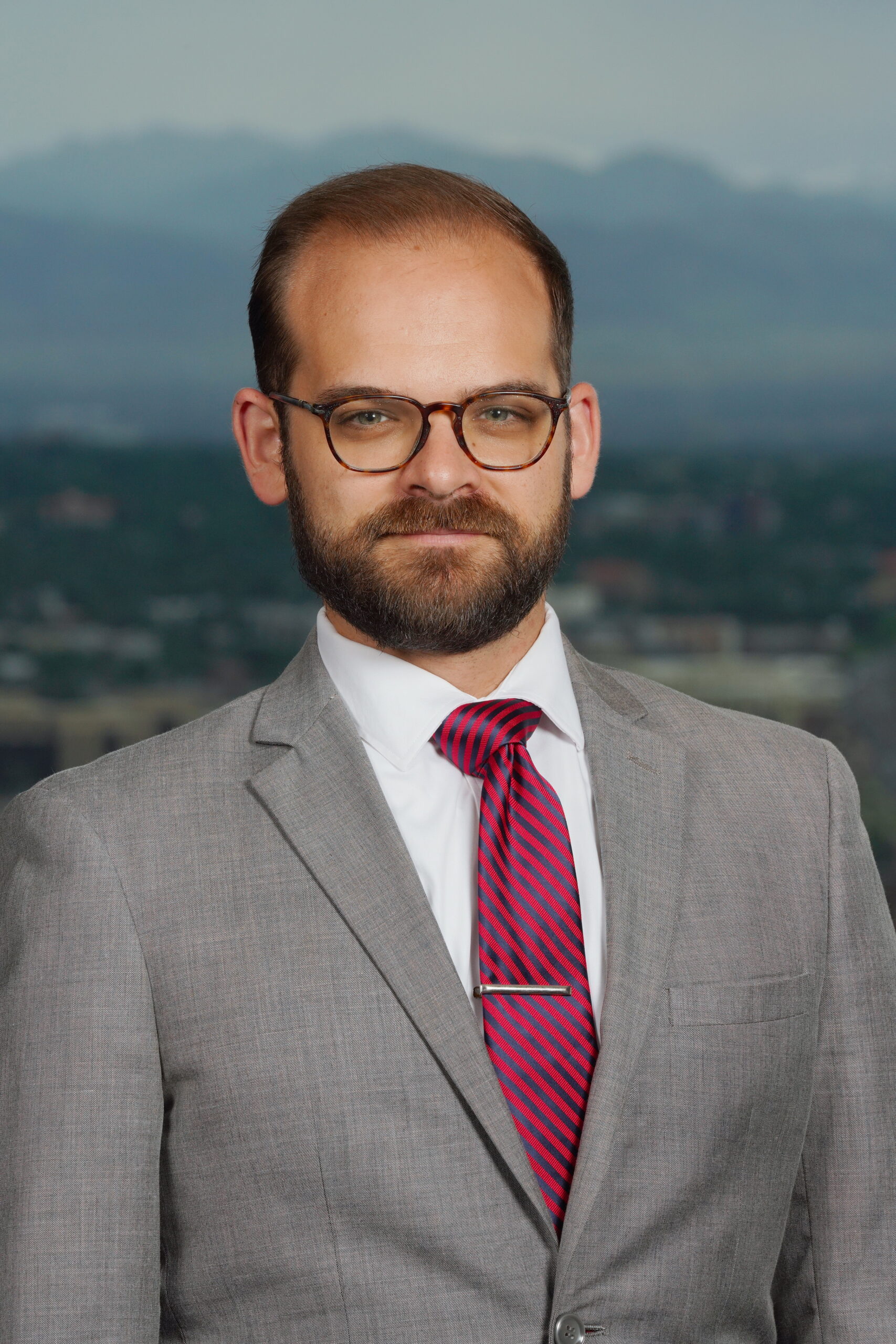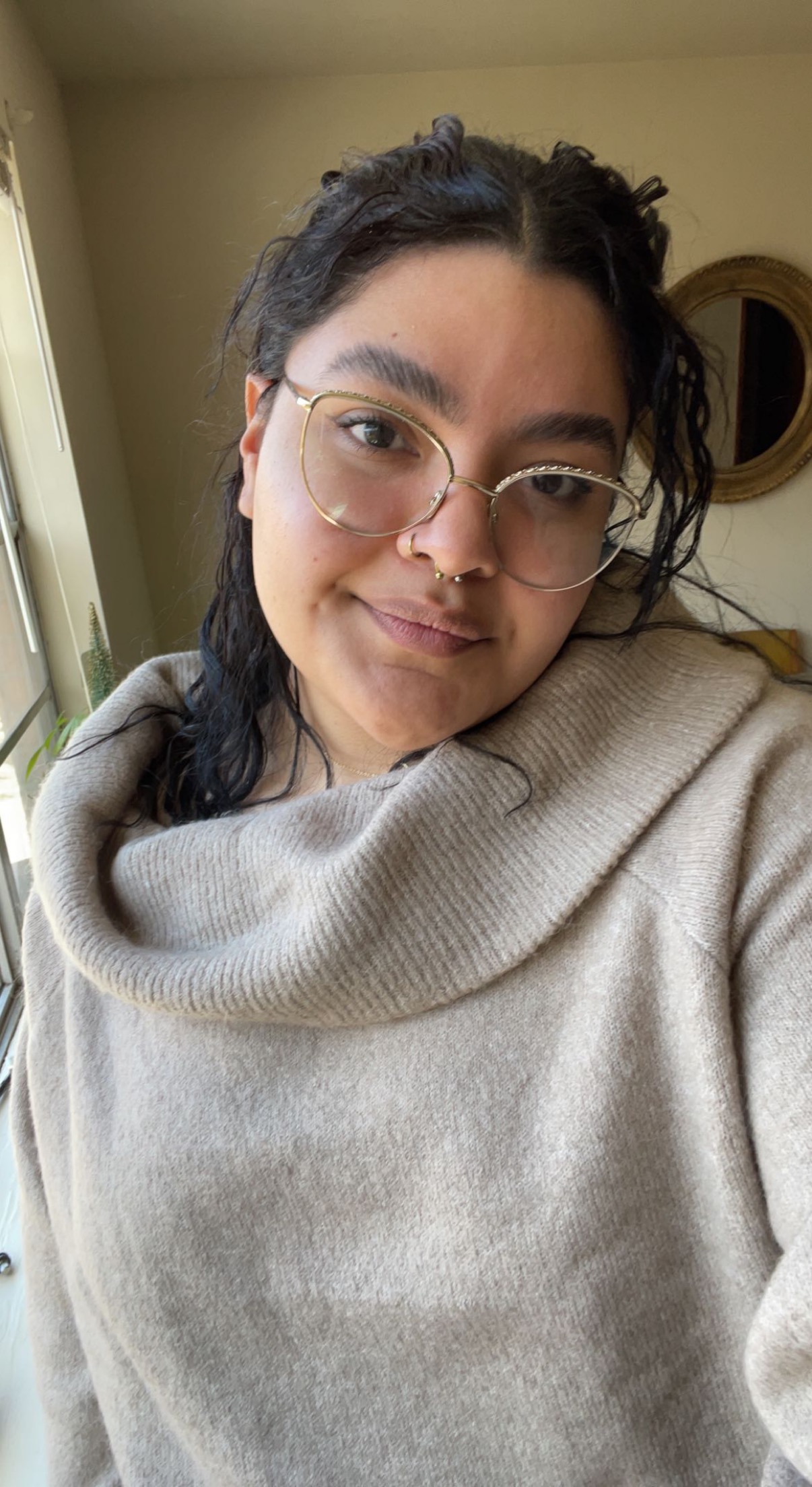Meet our Faculty Affiliate: Jesse Crosson
Members of the Center for Effective Lawmaking are excited to introduce one of our newest Faculty Affiliates, Jesse Crosson. He is an Assistant Professor of Political Science at Purdue University, where he has “a strong passion for teaching” and is a proud member of the Cornerstone Integrated Liberal Arts faculty. Previously, he was an Assistant Professor of Political Science at Trinity University in San Antonio, TX and a Fellow and Visiting Research Scholar at Princeton University’s Center for the Study of Democratic Politics.
Professor Crosson’s research investigates how party competition has transformed American political institutions, including legislative agenda-setting and policy change, the relationship between organized interests and political parties, and resource allocations by individual legislators. His research is motivated by his long-standing interest in why public policy changes and why it often fails to do so, despite dissatisfaction with the status quo. His work examines the institutional underpinnings of policy change and gridlock, with a specific interest in how legislative parties and electoral competition, interest group activity, and legislative professionalism influence how, when, and why public policy changes. His work has been published in the American Political Science Review, Political Science Research and Methods, Legislative Studies Quarterly, Journal of European Public Policy, and other outlets.
Professor Crosson is the co-winner of the 2022 Award for Best Publication on Effective Lawmaking for his collaborative 2021 article in Legislative Studies Quarterly, titled “Partisan Competition and the Decline in Legislative Capacity among Congressional Offices.” In this paper, he and his co-authors looked into historical data and conducted interviews with former members of Congress and legislative staff to explore what factors have contributed to Representatives shifting office resources away from traditional legislative functions and towards what they denote as “representational activities.” Their main findings demonstrate that the observed decline in legislative capacity is essentially symmetric across the parties; that individual members themselves reduce their offices’ legislative capacity the longer they stay in Congress; and this decline is exacerbated by the election of new members and/or changes in party control of the chamber.
The CEL looks forward to future collaborations with Professor Crosson and is proud to have his passion and enthusiasm on our team.



